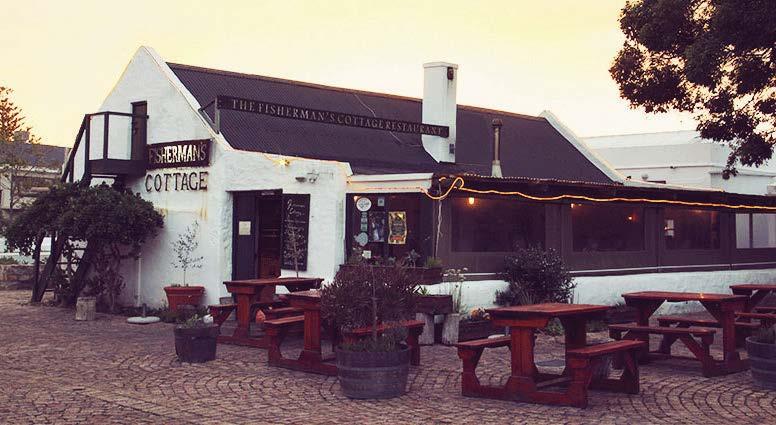13 MAY 2020
YOUR FREE COPY
www.thevillagenews.co.za
www.sacoronavirus.co.za • National hotline: 0800 029 999 • Provincial hotline: 021 928 4102 • Whatsapp "Hi" to 0600 123 456 Keep your distance
THE VILLAGE
NEWS 2m
2m
2m
The Hermanus Waterfront is slowly but surely getting back to normal with several shops now open and operating. Be sure to visit the heart of the Hermanus CBD on your next trip to town for your essential needs. PHOTO: Taylum Meyer
WC in midst of Covid-storm
Writer De Waal Steyn
W
ith more than 50% of all confirmed COVID-19 cases in South Africa reported in the Western Cape, all eyes are fixed on the province and how it will deal with the challenges of the pandemic. Western Cape Premier Alan Winde said on Monday 11 May that his cabinet has approved the Whole of Government COVID-19 Hotspot Strategy for the City of Cape Town. This strategy sets out how the Western Cape Government will utilise and coordinate its various government departments together with the City of Cape Town in one unified response to COVID-19 hotspots within the city.
“The Western Cape understands that a blunt, one-size-fit-all approach for the entire province, when some regions have few cases and others have high transmission rates, is neither sustainable nor effective. We need to be more flexible and innovative,” Winde said.
deaths from the virus in the province stood at 106, while a total of 66 806 tests had been conducted.
Winde explained that as part of the new strategy, they are differentiating between hotspots and clusters.
According to the premier, the strategy is an evidence-based, data-led approach to the pandemic response, which drills down below sub-district level, to understand the transmission of the virus within particular geographical areas.
“Hotspots are areas where there is a high number of cases, and where community transmission is well entrenched and accelerating. A hotspot is where people live. A cluster is where the outbreak originated, which is a place of gathering, such as a supermarket or retail store.”
On 11 May the Western Cape had 3 911 active cases of COVID-19, with a total of 5 813 confirmed cases and 1 796 recoveries. The total number of
Earlier he said his government had done an in-depth analysis of the deaths due to COVID-19 in the province, starting from the period
when South Africa had 64 deaths. It revealed that significant numbers of people who had died had one or more comorbidities such as tuberculosis, HIV, or diabetes.
ill, or even die, as has been the case in rare circumstances.”
“It was found that only 6% of known COVID-19 deaths in the Western Cape had no comorbidities. Over 65% of patients who died had more than two comorbidities,” said Winde.
Health Minister, Dr Zweli Mkhize said over the weekend that all positive cases must be isolated. Those who test positive for COVID-19 and are not able to self-isolate at home, will be placed in specific isolation facilities which the Western Cape Government has been using up until now.
“I do, however, want to make an important point here: while the above facts indicate that vulnerable groups are most at risk, this does not mean that those who are younger, or those in good health, should not worry. Not only could you help spread the virus, and infect someone who is vulnerable, but you could also get seriously
“These facilities are not medical or health-care facilities but allow for people to complete their 14-day isolation period safely. We are also currently exploring additional facilities to expand our isolation and quarantine options, in order to cater for increased demand when we reach the peak of infections,” said Winde.











